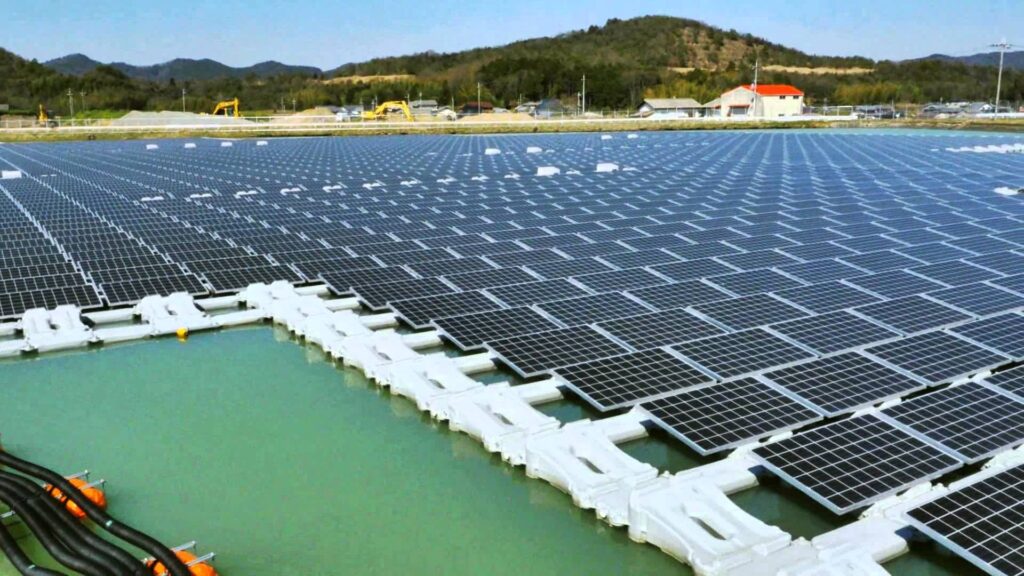High power solar panels, often those with power ratings above 200 watts, are suitable for a wide range of applications that require larger amounts of electricity generation. These panels are capable of producing significant amounts of energy, making them ideal for meeting the demands of various commercial, industrial, and utility-scale projects.
- Residential Grid-Tied Systems: High power panels are commonly used in grid-tied residential solar installations. These systems are connected to the local electricity grid and can offset a significant portion of a household’s energy consumption, potentially leading to lower electricity bills.
- Commercial and Industrial Rooftop Installations: Businesses and industrial facilities can install high power solar panels on their rooftops to generate clean energy for their operations. These installations can significantly reduce operational costs and contribute to sustainability goals.
- Utility-Scale Solar Farms: High power solar panels are the backbone of utility-scale solar farms, which are large solar installations designed to generate massive amounts of electricity to feed into the grid. These farms are often located in sunny regions and contribute to renewable energy generation on a large scale.
- Solar Carports and Parking Lots: Solar panels installed on carports and parking structures can provide shade for vehicles while generating electricity. This application is popular for commercial properties, shopping centers, and educational institutions.
- Remote Power Generation: High power panels can be used to provide electricity in remote areas where grid access is limited or nonexistent. This includes powering remote communities, telecommunications infrastructure, and remote monitoring stations.
- Agricultural and Irrigation Systems: High power solar panels can power irrigation pumps and other agricultural equipment, contributing to sustainable farming practices by reducing reliance on fossil fuels.
- Data Centers and Industrial Facilities: High power panels can help offset the energy consumption of data centers and energy-intensive industrial facilities, contributing to energy cost savings and reducing carbon footprints.
- Energy Storage Systems: High power panels can be paired with energy storage solutions, such as batteries, to create resilient and reliable backup power systems for homes, businesses, and critical infrastructure.
- Electric Vehicle Charging Stations: Solar panels can be integrated into EV charging stations to generate clean energy for charging electric vehicles, reducing the carbon footprint associated with transportation.
- Microgrids: High power solar panels play a crucial role in microgrid systems, which are localized energy networks that can operate independently or in conjunction with the main grid. Microgrids enhance energy resilience and can be beneficial for remote communities, military installations, and emergency response centers.
- Large-Scale Water Pumping: High power solar panels can power water pumping systems used in agriculture, irrigation, and water supply projects.
- Industrial Processes: In industries that require substantial electricity, such as manufacturing and mining, high power solar panels can help offset energy consumption and reduce operating costs.
The versatility of high power solar panels allows them to be adapted to a wide range of applications, enabling cleaner and more sustainable energy solutions for various sectors of society. When considering the use of high power solar panels, it’s essential to conduct a thorough feasibility study, taking into account factors such as energy demand, available sunlight, location, and regulatory considerations.


